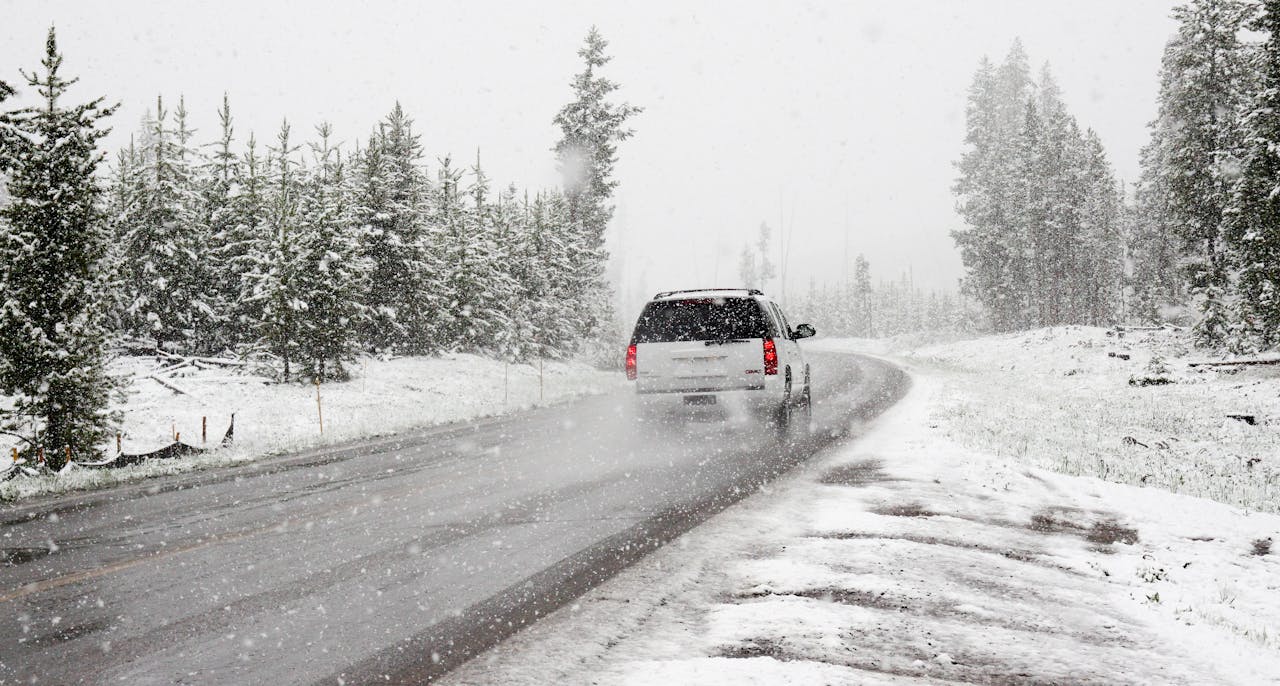As winter approaches, the crisp air and enchanting snowflakes may create a picturesque scene, but they also bring unique challenges for drivers. Ensuring your car is ready to face the cold season ahead isn’t just smart; it’s essential for your safety and peace of mind. From icy roads to frigid temperatures, each element of winter can impact your vehicle’s performance in unexpected ways. This guide will walk you through vital winter car care tips that every driver should know—securing your ride against whatever Mother Nature has in store. Whether you’re commuting to work or embarking on holiday road trips, keeping these tips in mind will help ensure smooth travels all season long.
Maintaining Proper Tire Pressure in Cold Weather
 Cold weather can significantly impact tire pressure. As temperatures drop, the air inside your tires contracts, leading to lower pressure. A decrease of just 10°F can reduce your tire pressure by approximately one psi. Regularly checking your tire pressure becomes crucial during winter months.
Cold weather can significantly impact tire pressure. As temperatures drop, the air inside your tires contracts, leading to lower pressure. A decrease of just 10°F can reduce your tire pressure by approximately one psi. Regularly checking your tire pressure becomes crucial during winter months.
Under-inflated tires can affect traction, fuel efficiency, and overall safety on slick roads. Make it a habit to check them at least once a month. Always use an accurate gauge for precise measurements. If you’re unsure about the ideal pressure for your car’s tires, consult the owner’s manual or look for information on the driver’s side door jamb.
Checking and Replacing Essential Fluids
Fluids are the lifeblood of your car, especially during winter. Cold temperatures can thicken fluids, making them less effective. Regularly checking and replacing essential fluids is crucial for optimal performance. Start with engine oil. Ensure it’s at the right level and consider switching to a winter-grade oil if you haven’t already. This helps in maintaining proper lubrication even in frigid conditions. Next up is coolant, which prevents freezing and overheating alike. Check its level and condition; old or contaminated coolant can lead to serious engine problems. Don’t forget about brake fluid and transmission fluid as well. These fluids play key roles in safety and efficiency during harsh weather.
Keeping Your Car Battery Charged and Warm
Cold weather can wreak havoc on your car battery. When temperatures drop, the chemical reactions inside your battery slow down, making it harder to start your engine. To keep your battery in top shape, consider using a trickle charger during extreme cold spells. This device maintains an optimal charge without overloading the battery. If you don’t have access to power outlets at home, park your car in a garage if possible. A warmer environment helps maintain the battery’s performance and lifespan. Also, check for corrosion around terminals regularly. Cleaning them not only improves conductivity but also prevents further damage from occurring.

Conclusion
Taking care of your car means taking care of yourself. A well-maintained vehicle not only ensures safer travels but also brings peace of mind during harsh winter conditions. By following these winter car care tips, you can enhance your driving experience and reduce the risk of breakdowns when you need it most. Remember, a small amount of preparation can save you from significant inconvenience or danger on the road. Your car deserves attention just like any other important aspect of your life. Embrace the responsibility and enjoy the journey ahead with confidence, knowing you’ve taken steps to keep both yourself and your vehicle in good shape this winter season.

